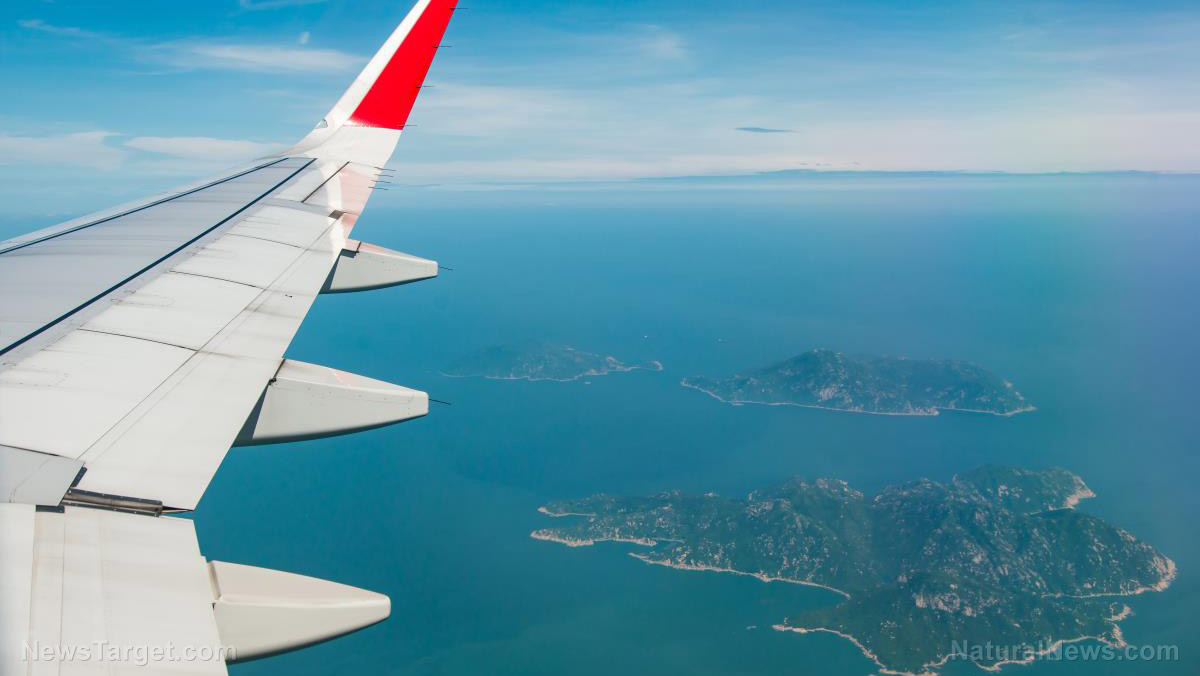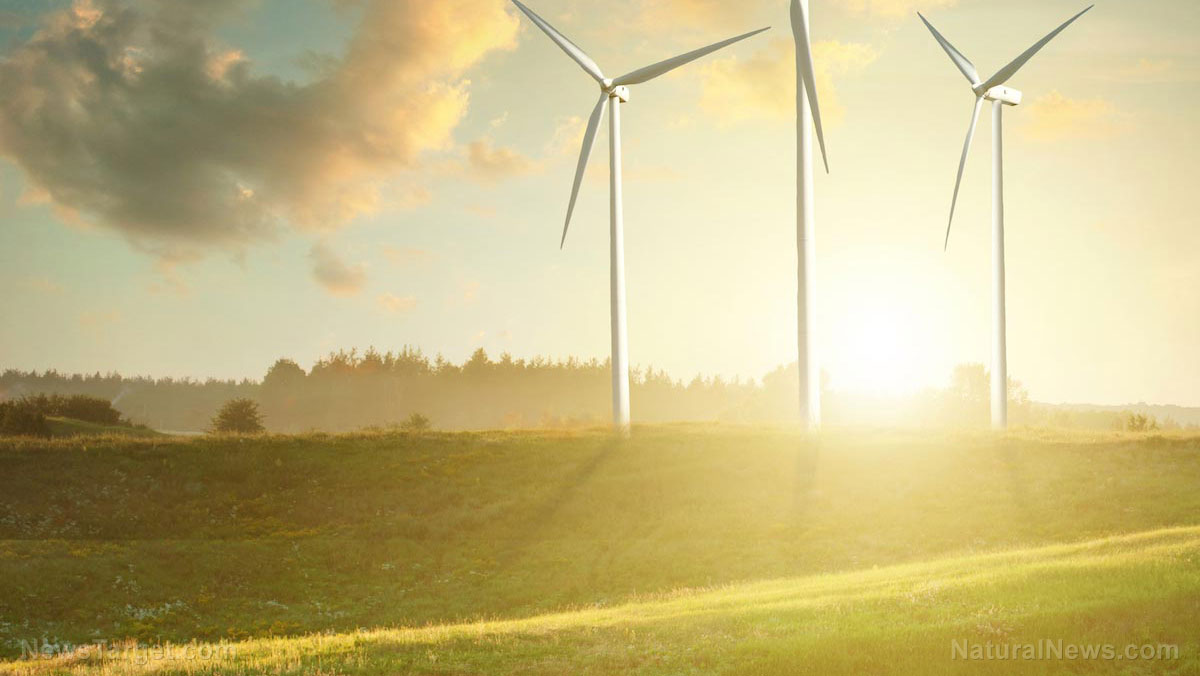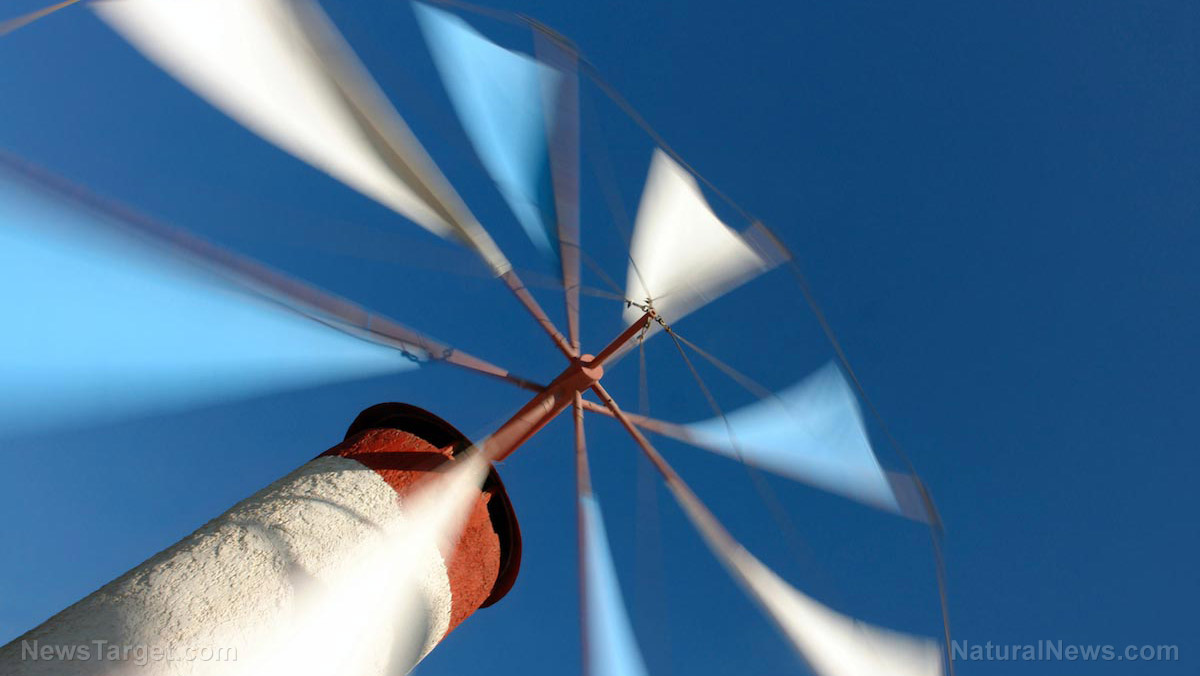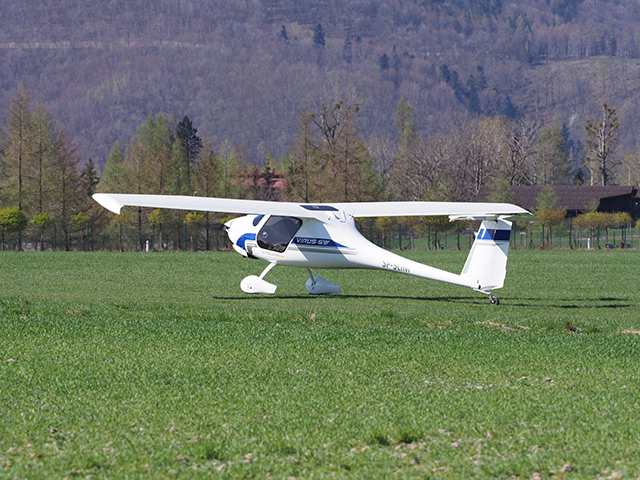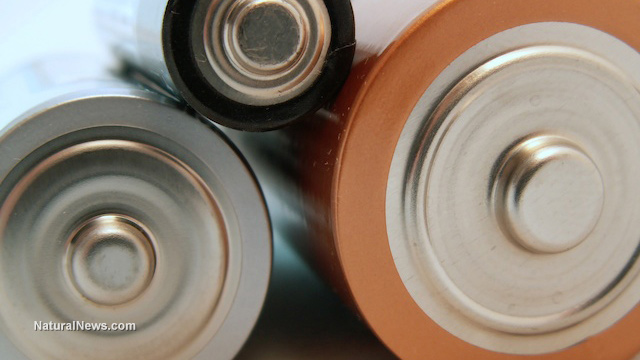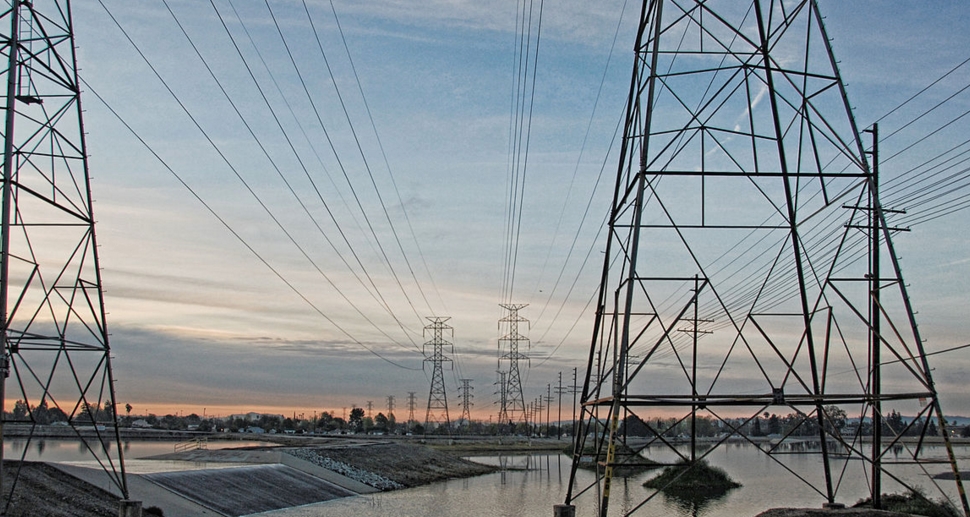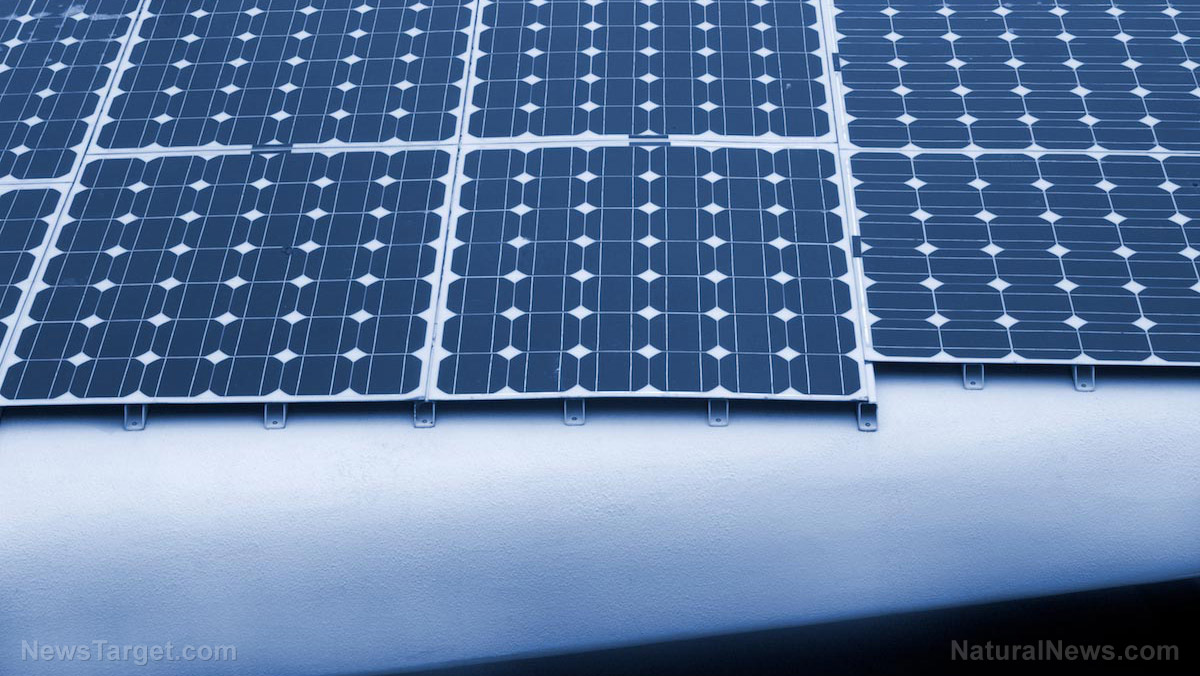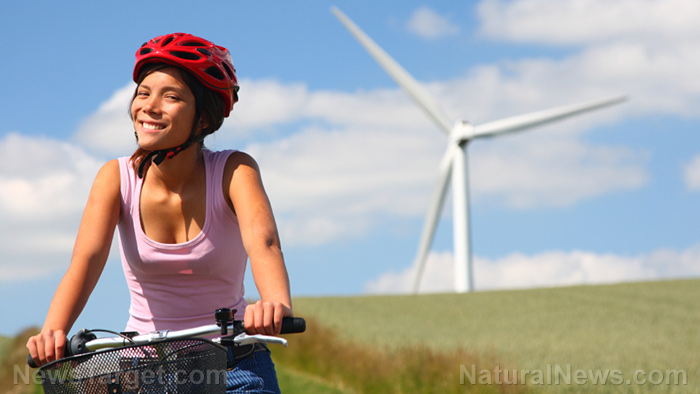The world’s first biofuel flight turned out to be a huge success, and it was powered by 24,000 kilograms of mustard seed-based blended fuel. The historic achievement was made possible through a partnership between airline company Qantas Airways and Agrisoma Biosciences, an agricultural-technology company that’s based in Canada. The two companies announced a partnership back in 2017 and are only now beginning to realize their shared vision.
According to a news article posted on the official Qantas website, the flight is only one part of the partnership between the two companies. Together, they have also planned to work with certain Australian farmers to grow the very first commercial aviation biofuel seed crop in Australia by 2020. It’s quite an ambitious team-up that should see some breakthroughs if they can keep up the progress.
Alison Webster, the CEO of Qantas International, plainly states that the choice of the Qantas Dreamliner 787 as the designated aircraft to make the historic flight is quite fitting, and a proper way of showcasing the future of sustainable aviation. “The Qantas Dreamliner marks an exciting new era of innovation and travel,” said Webster. “The aircraft is more fuel efficient and generates fewer greenhouse emissions than similarly sized-aircraft and today’s flight will see a further reduction on this route.”
The mustard seed-based fuel used for the Qantas flight is said to be processed from Brassica carinata, described simply as a non-food, industrial type of mustard seed, which is sourced straight from Agrisoma. It is expected that Carinata-derived biofuel will help to reduce carbon emissions by up to eighty percent compared to traditional jet fuel across its entire lifecycle. And the amount used on the first ever flight, which is a ten percent biofuel blend, is said to yield a seven percent reduction in emissions based on the flight path taken.
According to Steve Fabijanski, the CEO of Agrisoma, there are a number of wide-ranging benefits from the use of biofuel produced from Carinata. “Biofuel made from Carinata delivers both oil for biofuel and protein for animal nutrition while also enhancing the soil its grown in,” Fabijanski explained. “We are excited about the potential of the crop in Australia and look forward to working with local farmers and Qantas to develop a clean energy source for the local aviation industry.”
In justifying why exactly they opted for mustard seeds for their reliable source of biofuel, Fabijanski said that they are quite easy to manipulate and also offer many other distinct advantages. “It’s a tough crop. It grows where other crops won’t grow. It doesn’t need much water and it’s well understood by farmers,” he said. “They can grow it and do well with it.” For this reason, it has been chosen as the biofuel source of choice for Qantas, which aims to have flights regularly running on the processed biofuel by the time 2020 rolls around.
Although a radical departure from the way that they usually do business, Qantas has no problem at all with adapting to the new protocols involving the use of biofuel. The company CEO himself has stated that it’s almost like a routine flight, by all accounts. “The biofuel goes through exactly the same certification and tests as standard aviation,” he offered. And it is said that this includes everything, even engineering, performance, and safety checks.
For now, the technology and methods used by Qantas may be clear on the benefits, but it will take a while before any real data becomes available for long-term analysis. There is hope that it truly does become a sustainable way of making flights possible, which would ultimately be a win for everyone — Qantas, Agrisoma, and of course, the environment.
Find out more energy-related innovations in Power.news.
Sources include:
Traveller.com.au
QantasNewsroom.com.au

